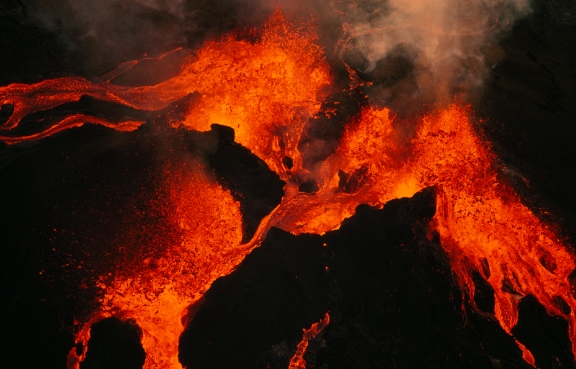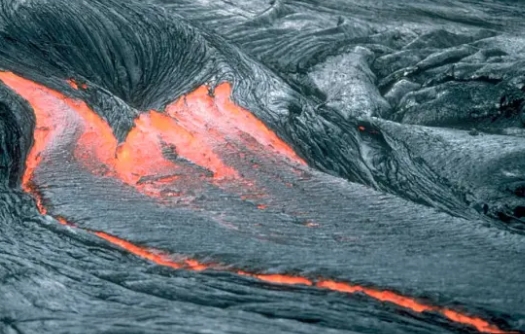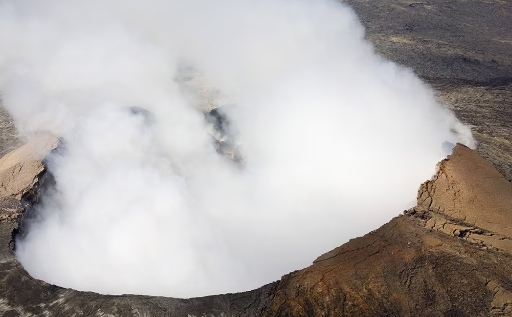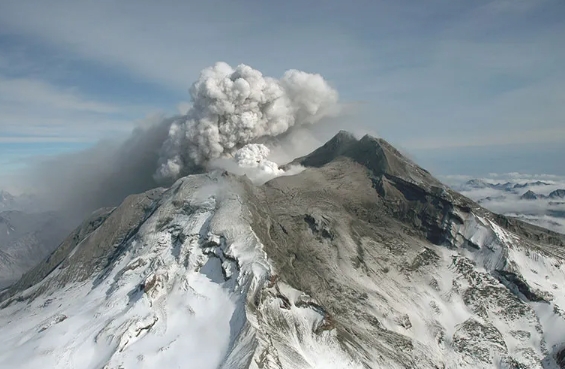how do hotspots form
Have you ever wondered how hotspots are formed on the Earth’s surface? These geological phenomena have puzzled scientists for years, but recent advancements in technology and research have helped unravel the mystery behind their formation. What are hotspots? Hotspots are areas on the Earth’s surface where molten rock, known as magma, rises from deep within […]
how do hotspots form Read More »










